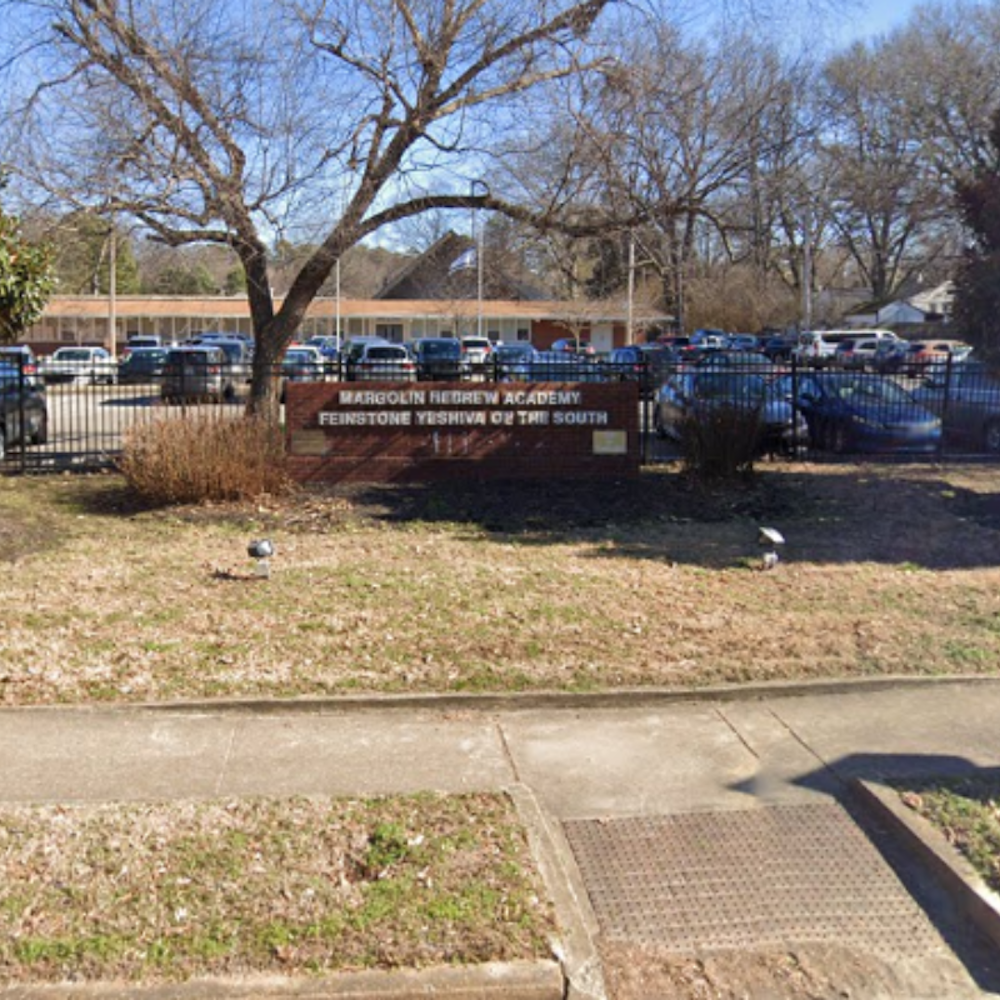
In an unprecedented move, Michigan has set the benchmark as the first state in the US to equate the financial aid and licensing standards for kinship caregivers to those of traditional foster care providers. This landmark ruling is expected to transform the dynamics for family members who step in to care for relatives' children, who until now, were maneuvering through the system without many of the benefits afforded to non-relative foster carers.
As reported by CBS Detroit, the changes introduce licensing standards for kin caregivers, a demographic which includes grandparents, friends of family, and multiple generations looking after young ones not biologically theirs. "We are raising my 10-year-old grandson, and that is due to parental rights were terminated," Debra Palumbo told CBS Detroit. The overhaul mirrors reforms by the Salt River Pima Tribe in Arizona, and pins Michigan as a nation-leading advocate for child welfare and family unity.
Michigan's path toward the rule change highlighted the state's ongoing efforts. "Michigan's robust support for kin caregivers has made it a national leader," Secretary of Health and Human Services Xavier Becerra stated in a press release, emphasizing that the regulatory revisions facilitate families to remain intact while increasing equity in the child welfare system. This comes after a Detroit News investigation last year pointed out the substantial underrepresentation and lack of support for kinship caregivers in the state.
"It is often grandparents and other family members who step in to provide a loving home when parents are unable to do so and they must be supported," Elizabeth Hertel, director of the Michigan Department of Health and Human Services, told The Detroit News. Despite efforts by kin, the complex process for obtaining legal guardianship made it strenuous to access state financial assistance, noted Area Agencies on Aging, with the most common causes for such caregiving situations being parental incarceration, or substance abuse.
New regulations, finalized last September by the U.S. Health and Human Services Department, allow more leniency in licensing kinship caregivers, including providing financial assistance on par with that of other foster care providers. "When times are tough, many of us turn to family for help,” Jeff Hild, deputy assistant secretary for the Administration for Children and Families, told dailyitem. He commended Michigan for creating licensing standards that reflect the distinct necessities and merits of kin caregivers.
Michigan State University's Kinship Care Resource Center and various Area Agencies on Aging are spearheading the resource provision and implementation process. Kinship caregivers in need of guidance are urged to contact the Kinship Support Program to familiarize themselves with the community services available. The particulars on the volume of funding Michigan will pocket to bolster these programs have not been disclosed.

-1.webp?w=1000&h=1000&fit=crop&crop:edges)







